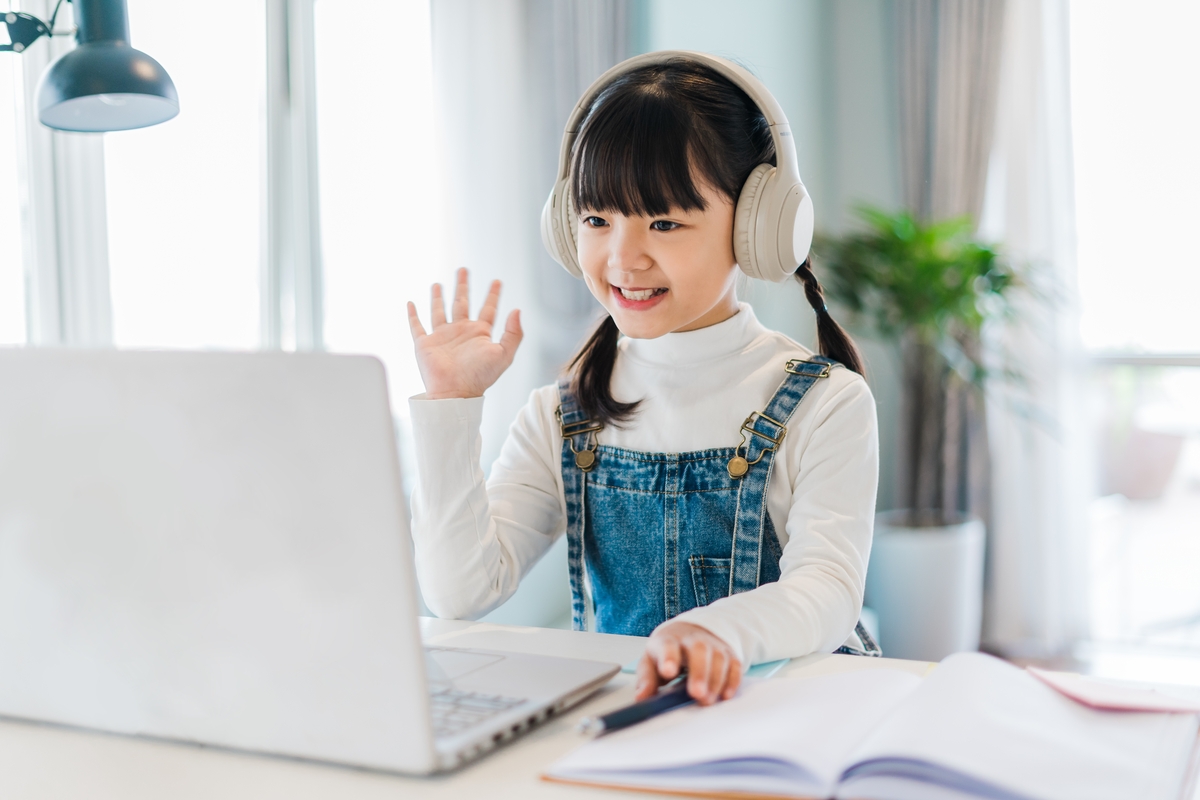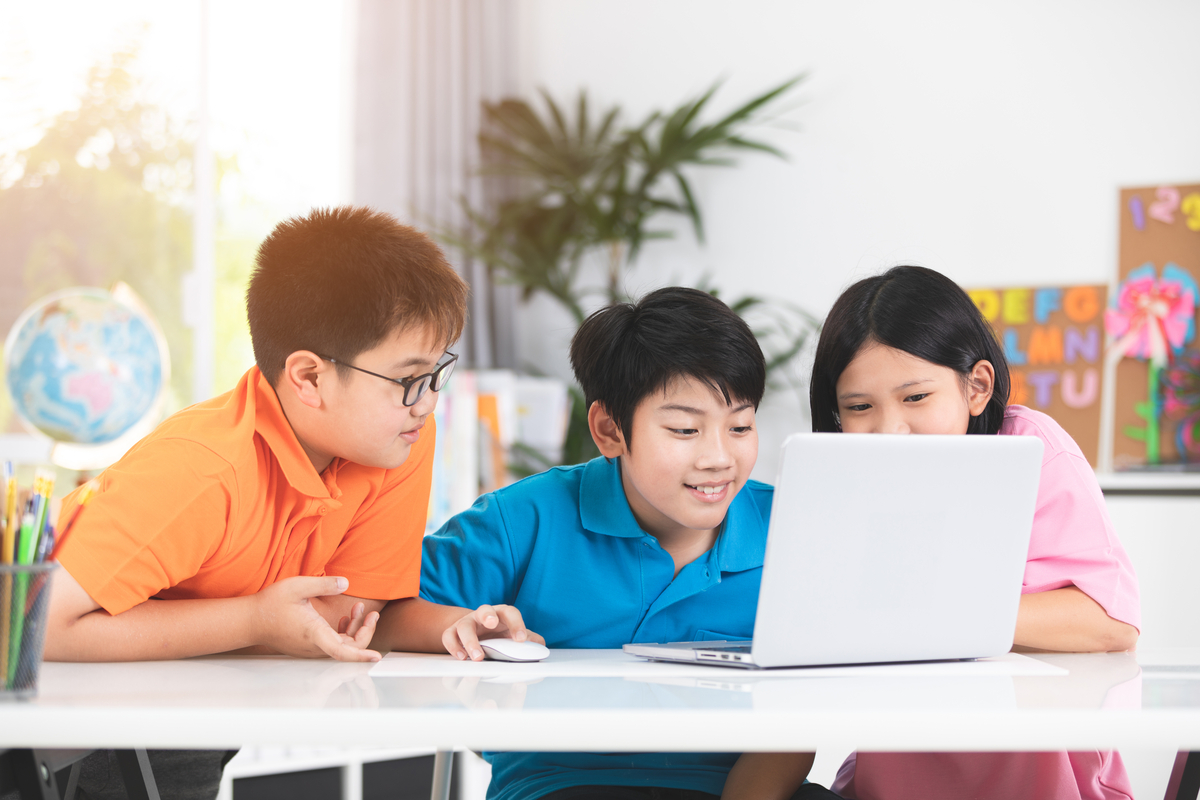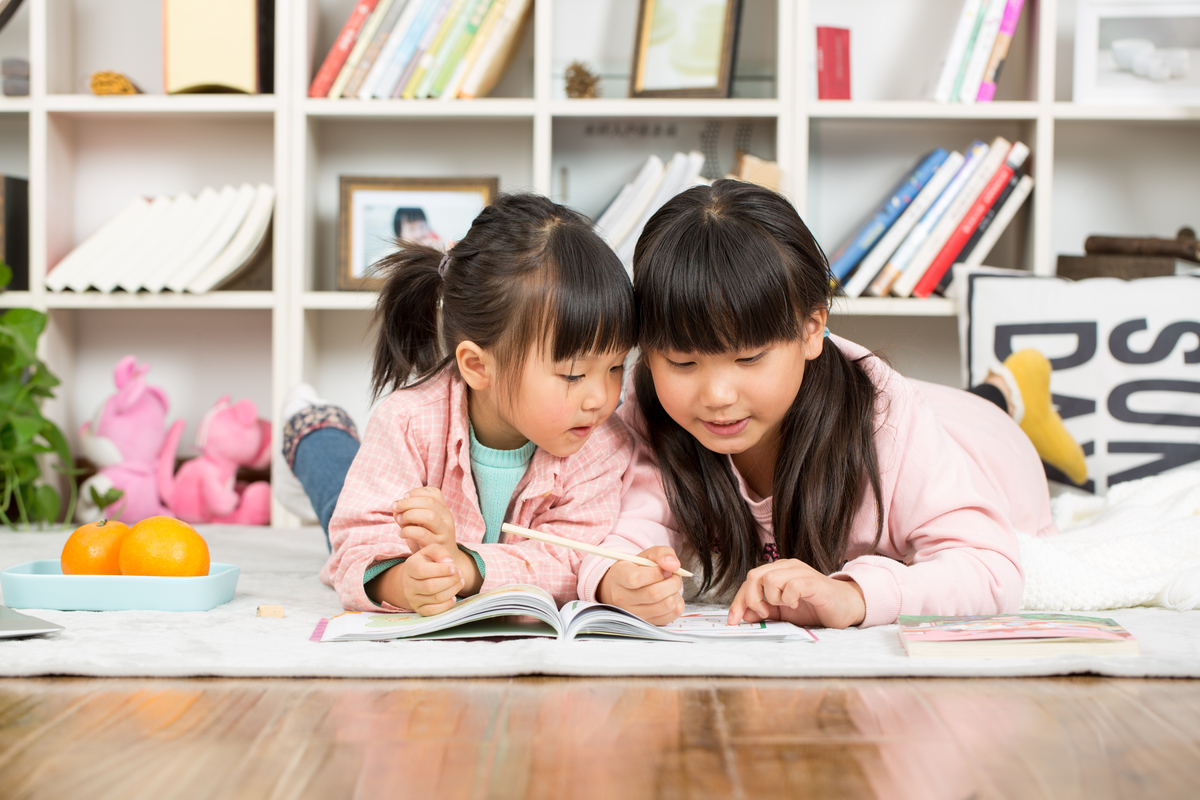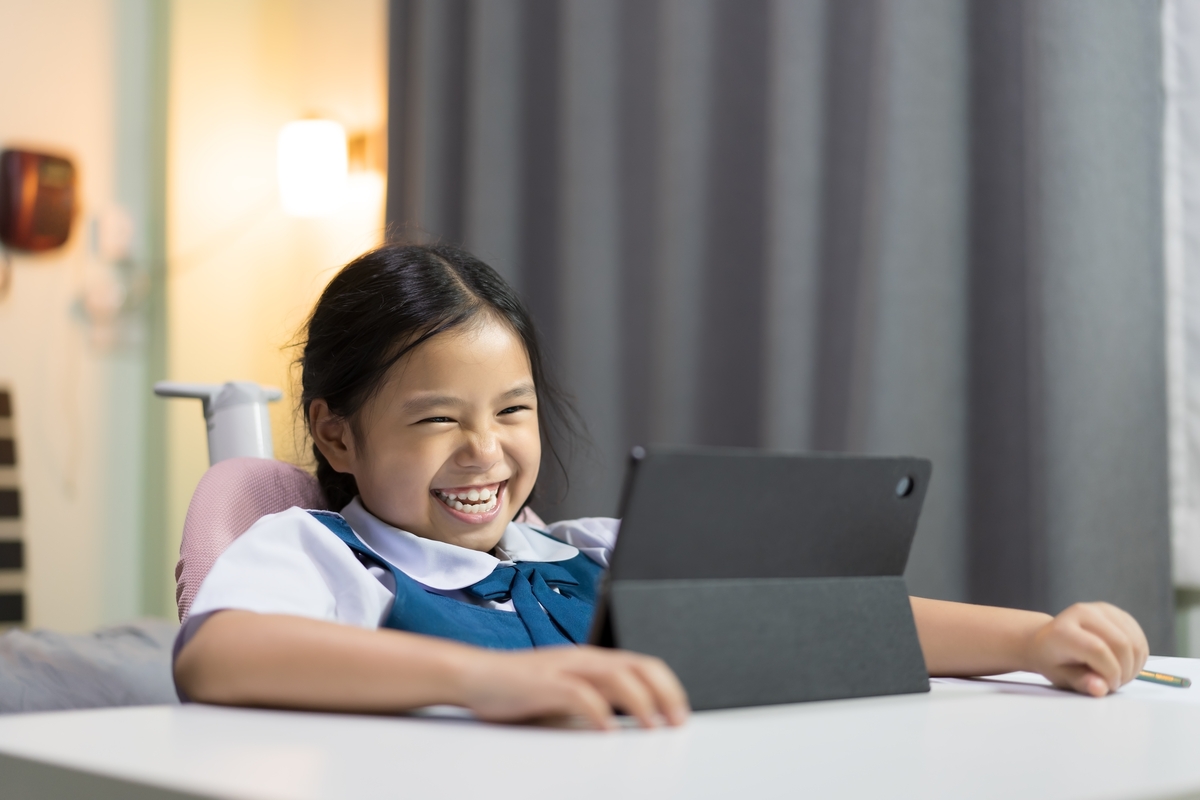
Everything is better when doing it with a friend, especially learning. With more and more education being done remotely, people often wonder if children are missing something without other students around. Spark Education is following up on our “Education & Innovation series” with “Social Learning Online” to give a better idea of how children can learn from each other, even if they are miles apart.
Peer and social learning are powerful learning methodologies for understanding new educational concepts and learning more about the world and those in it. Can children get the same benefits from working with others online? Alex Vang, a Spark Education lead teacher, says yes. He shares that his students have no problem getting used to Spark Education’s online pod-sized classroom format and are “comfortable making a social interaction online.”
What is Social Learning?
Social learning is the idea that people can learn just by observing, imitating, and modelling others’ actions. Albert Bandura put forth this theory in his 1977 book “Social Learning Theory”. This might sound like a strange way to learn, but people start doing it as babies. Do you remember learning your first word or how to drink from your favorite sippy cup? Probably not. You learnt these skills from seeing others do them and imitating their actions. From speaking a language to learning a new sport, people learn a lot from watching the world around them. Social learning is one of the first ways we absorb knowledge. It helps develop intuition and solve problems, and we become excited to learn more.

How does social learning happen in education?
Learning from those around you doesn’t stop when growing up. Children and adults can learn by watching what others do to succeed, and even from their setbacks. Classrooms, both online and in-person, have a way for teachers and other students to show how problems can be solved. From a whiteboard to a video online, there are tons of ways students can learn by getting a visual guide on a subject.
While seeing work in action is a good way to learn, for it to be the most successful, it also must be engaging. Collaborating on a task with friends creates a fun atmosphere and builds camaraderie. One of the main reasons is because when people do projects or solve problems together, they become more engaged. Being engaged in a task makes people more likely to retain what they’ve learnt from the task and from the people they worked with.
What is Peer Learning?
Some people dislike doing group projects in school. Learning with others might get frustrating at times, but with the right people, it can help you look at problems from new and exciting angles. When you get a new understanding of concepts and ideas from the people you are working or learning with, that is called peer learning.
Peer learning is great for the learner and the peer who is giving tips to their friend or classmate. For the person learning, they get a different view of how to solve a problem, one that might be easier for them than what a book or teacher explains. For the person teaching, it helps them gain new perspectives and develop a deeper understanding of a subject. When students work together, it fosters teamwork and enhances their learning. If someone can help others learn a new skill correctly, then they are on their way to becoming an expert on the subject.

How does peer learning happen in education?
While teachers work hard to help children understand new knowledge, there are huge benefits from getting tips and new perspectives from fellow classmates. People might get help from the best player on their basketball team to learn ways to hit a three-pointer or search online for great education blogs for tips on math. Working with like-minded people and peers opens up a whole world of possibility.
Not only can learning with and from other people make it easier to learn, but it can help with confidence about education and school. If a student is struggling to learn a new skill by themselves, they might feel inadequate or anxious about a subject or school in general. When they have familiar people around them with the same struggles, they can feel comforted knowing that they aren’t alone. Students can come together and try to solve the problem as a team. Working with and learning from others builds bonds and support that are further reaching than just school. Learning how to work together for a common goal is needed in careers, families, and so much more.

Can Children be Social Online?
For many parents, seeing their children sitting playing “Fortnight” or “Call of Duty” with headphones on, doesn’t seem like the most social interaction. While playing games online might not feel like kids are being social, they are communicating with a team or peers to solve problems in real-time. In school, remote learning has helped children get comfortable with communicating with each other about education. Note: With a reminder that it’s important to know who your children are talking to online, and set up parental controls on devices to keep them safe. Socialising online helps build connections and relationships that are a major part of life.
Through group video classes, chats, comments, and even memes, students find new and exciting ways to connect online. These new ways of connecting give more examples of the different ways students can learn from each other. Being able to openly communicate with other students and teachers in education is important to build a safe and open space where children are able to thrive.
Social Learning Online, Peer Learning, and Spark Education!
Spark Education’s online courses are all about real teachers and students working together to learn and solve problems. With fun animations, gamified learning, real teachers, and small classes filled with passionate learners, Spark Education takes online social and peer learning to the next level. Our small online classes help students learn in a fun way while communicating and learning from each other. With experienced and certified teachers leading the way, our online classes are a fun, effective, and safe way to build new skills. Each class is a new adventure for them to go on!
Does your child want to take on a new challenge with friends? Become a math ace with an online math course built for teamwork, fun, and building math all-stars. Spark Math by Spark Education has reimagined how children learn math by incorporating gamification and interactive learning into our curriculum. The Spark Math online programme provides an engaging learning experience taught by experienced teachers in real-time. Children of all skill levels, from Kindergarten to P5, will get a new outlook and love for math. Get signed up for a free trial today!
Interested in attending in-person lessons? Spark Education Learning Centre at i12 Katong brings the excitement and ingenuity of our online programme to students. Our learning centre creates the best environment for children to learn with live teachers and gamified lessons through interactive and hands-on learning. Schedule a consultation with us to find out your child’s learning gaps and experience a free trial class.




